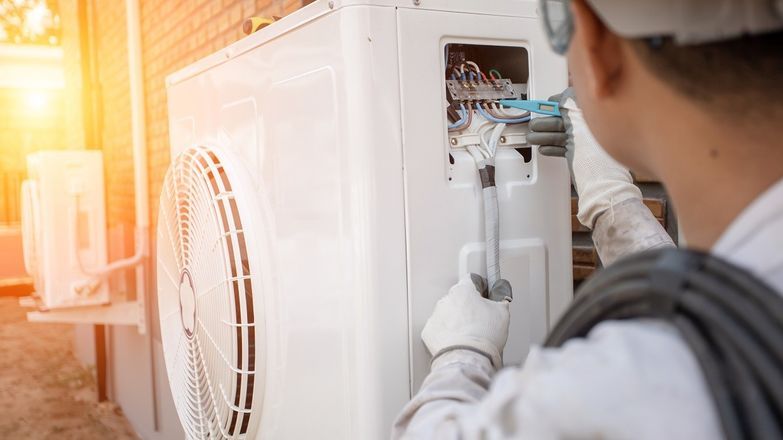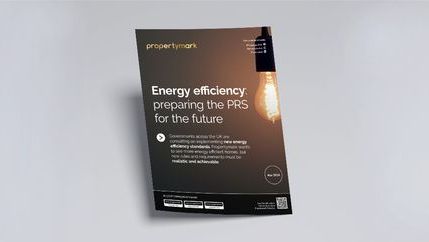
Background of the Bill
In November 2023, the Scottish Government introduced the Heat in Buildings Bill as part of its strategy to achieve net-zero greenhouse gas emissions by 2045. The initial proposals included banning the use of polluting heating systems in all buildings after 2045, requiring new homeowners or business premises purchasers to replace existing polluting heating systems with cleaner alternatives within a specified period post-purchase, and a compulsory minimum energy efficiency standard for all homes by 2033, with private landlords required to comply by 2028.
In March 2024, we submitted a detailed response to the consultation on the Bill. While supportive of the overarching goal of achieving net-zero emissions, we highlighted several concerns. which we hope to see adressed in the next version.
Financial implications
The substantial upfront costs associated with transitioning to cleaner heating systems could be burdensome for property owners and landlords. Propertymark advocated for the introduction of grants and financial incentives to alleviate these costs.
Realistic timelines
The proposed deadlines for implementing energy efficiency standards were deemed ambitious. Propertymark recommended setting interim targets and providing clear guidance to ensure a manageable transition for property stakeholders.
Consideration for rural and island communities
Recognising the unique challenges faced by remote areas, Propertymark emphasised the need for tailored solutions and potential exemptions where alternative clean heating options are limited.
Expected revisions to the Bill
In response to feedback from Propertymark and other stakeholders, the Scottish Government has decided not to proceed with the Bill in its original form. Acting Net Zero and Energy Minister Gillian Martin, MSP, acknowledged that some of the measures could have imposed significant financial strains on homeowners and businesses.
Martin confirmed the Scottish Government’s intention to bring forward a revised Bill later in 2025, to include:
- A target for decarbonising heating systems by 2045, sending a strong signal to homeowners, landlords and other building owners on the need to prepare for change while outlining collective actions to achieve this.
- Provisions to boost heat network development to serve large, non-domestic premises, including powers to require public sector buildings to connect to district heating when available.
- Powers to set minimum energy efficiency standards for owner/occupier and non-domestic properties, subject to further consideration. Regulations will be progressed under existing powers to introduce a minimum energy efficiency standard in the private rented sector.
Implications for property professionals
For Propertymark members and the broader property sector, this development underscores the importance of active engagement in policy discussions. Property professionals should stay informed about forthcoming consultations and be prepared to adapt to future regulatory changes aimed at improving energy efficiency and reducing emissions in Scotland's building stock.
Propertymark will continue to closely monitor developments and provide members with timely updates and guidance to navigate the evolving legislative landscape.








